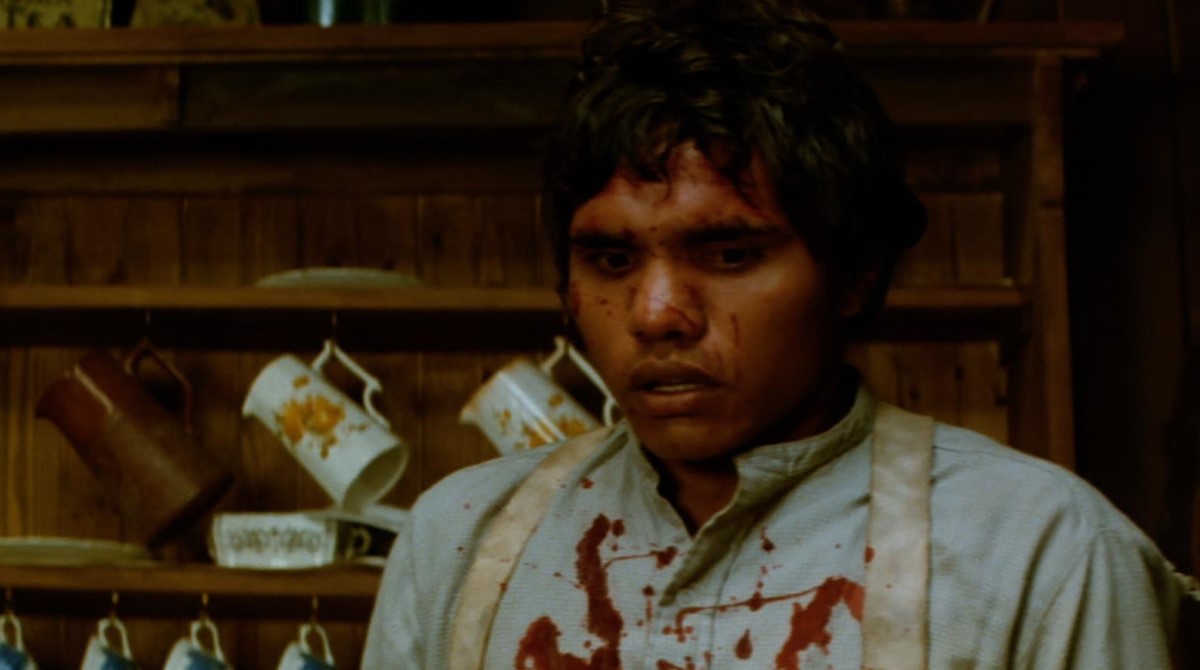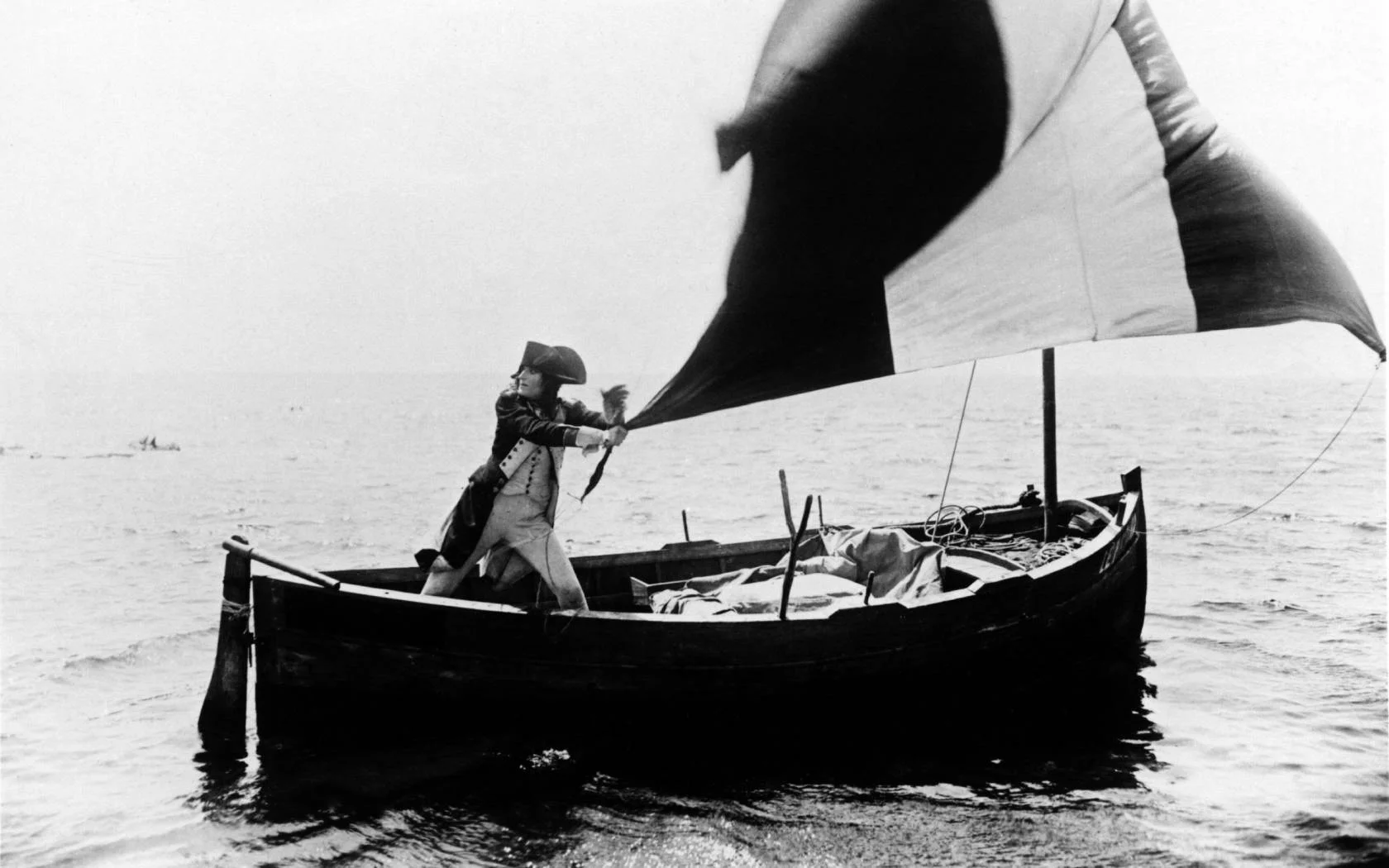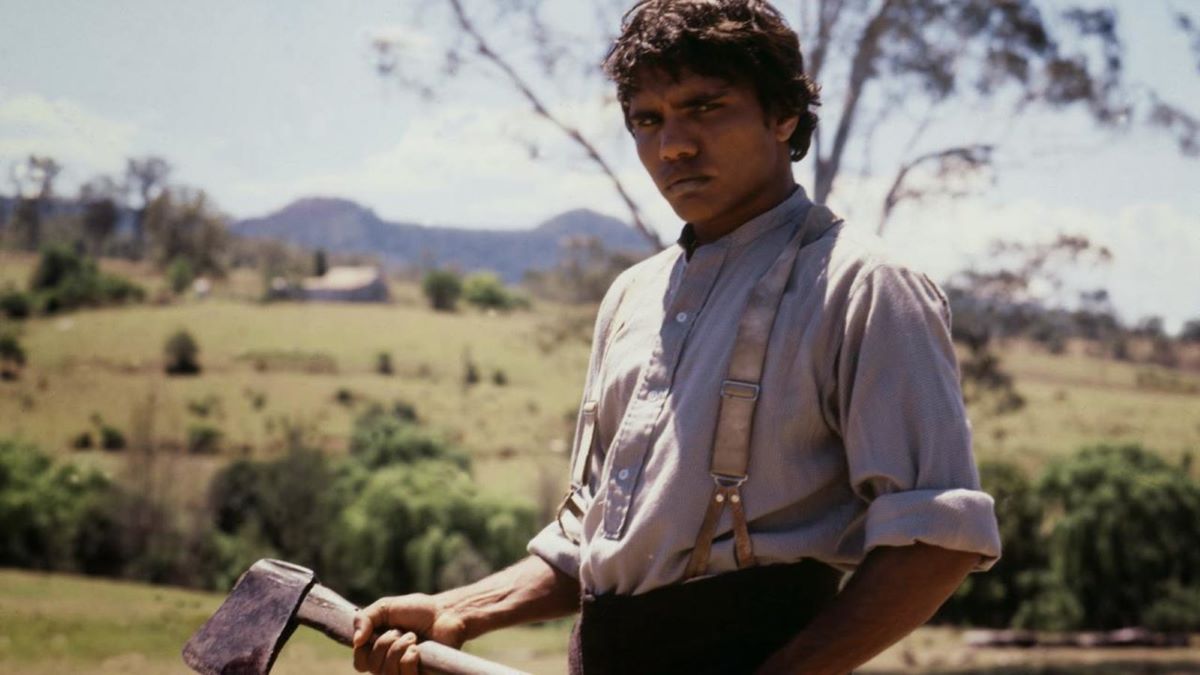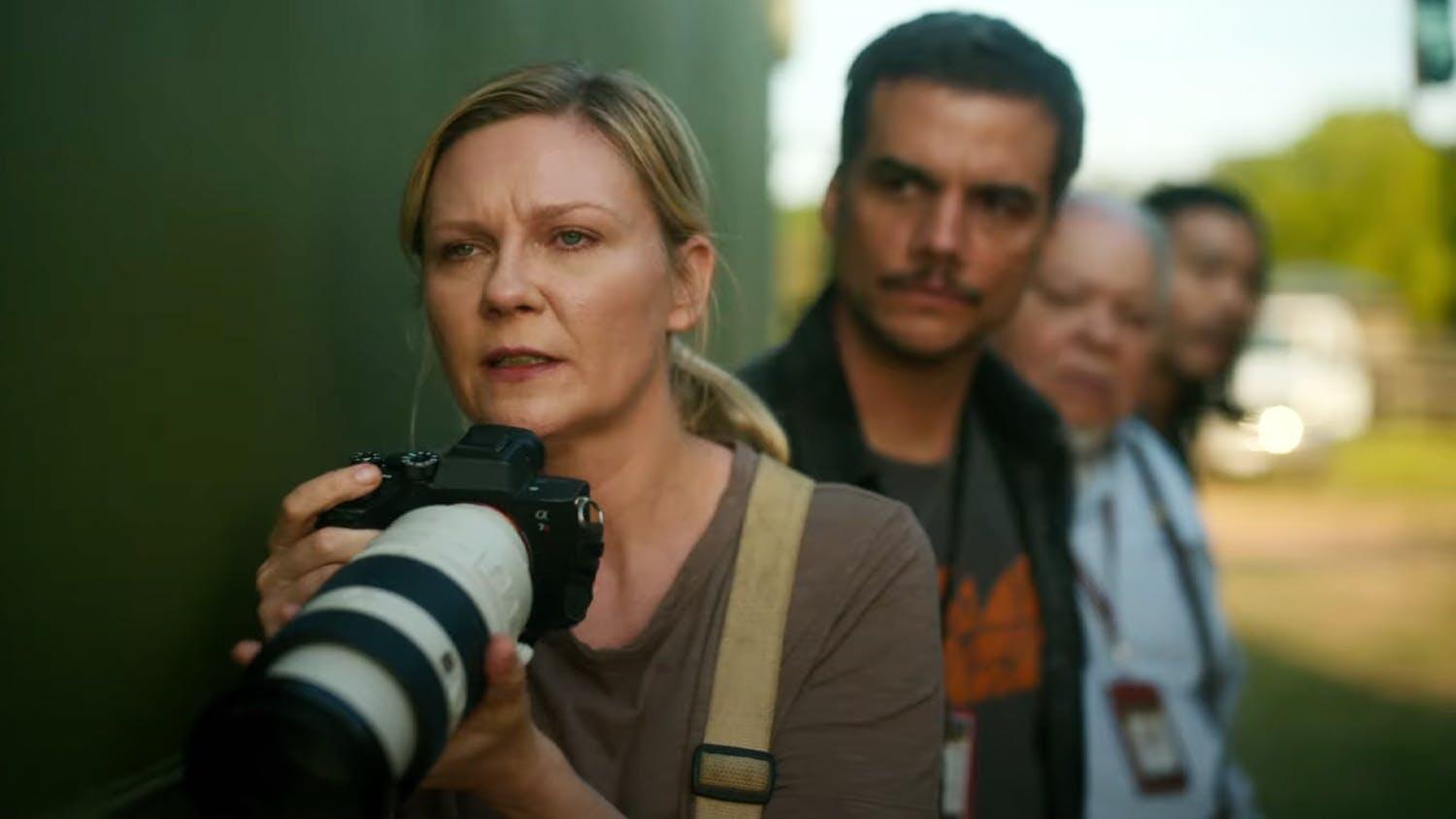by Bosley Crowther
In discussing The Shop on Main Street, I spoke of the characteristic style of many of the Czechoslovakian films of the 1960s during the brilliant but brief renascence they enjoyed. This style was especially evident in the works of the younger men, directors such as Jiri Menzel, Milos Forman, Ivan Passer, and Evald Schorm. It was marked by an essentially easy, completely naturalistic approach to deceptively mundane material which was seemingly treated casually with the individuality and humor of its characters predominant.
Conspicuous examples of it were in Milos Forman’s Loves of a Blonde, in Ivan Passer’s Intimate Lighting and in Jiri Menzel’s Closely Watched Trains. In the first, a poignant theme of frustration emerged touchingly from behind the human and humorous manoeuvers of a little shoe-factory-worker to snag a mate. In the second, dark shadows of envy and resignation to fate lurked within an amiable story of the reunion of two old musician friends. And in the third, which I judged the most surprising and penetrating film from the younger Czechs, it was a theme of fortuitous heroism that suddenly came to the fore out of the gropings of a young railway trainee to prove himself nothing more than a sexually competent man.
The first three-quarters of it was simply a facile comedy, even routine in the eyes of some critics, with only occasional hints of something more serious pending than the unfulfilled sex dreams of the lad. Now and then, random emissaries from the world outside the little Bavarian railway station, where the hero was starting his career as an apprentice train dispatcher, bore news that a war was going on. Once an officious inspector came riding down the tracks in a comical little gasoline buggy to remind the station personnel that they were all “fighting for a common victory”—Nazi victory—and that it was their duty “to lure the enemy into our trap.” Naturally the inspector was indignant when the young trainee innocently—even stupidly—asked, “Why?”
Again, a squad of Nazi soldiers straggled along the tracks, looking for all the world like a handful of work-camp escapees, and listlessly responded to the invitation of a clutch of nurses in a hospital train that was lying on a siding at the station, thus moving in ahead of the hesitant hero, who was trying to get up the nerve to climb aboard. And then there were a couple of angry outbursts from the old station janitor who claimed he had heard of the Nazis brutally blinding cattle, but no one paid attention to him.
For the most part, interest was directed to Milos, the solemn trainee, as he devoted himself to learning his duties and keeping his hat on straight. Here, in the limited circumference of the railway station, with its mystical array of signal levers that had to be pulled and telegraph instruments that had to be tended by expert acolytes, was a world in itself whose sole connection to a world outside appeared in those huge and fearsome trains that occasionally whooshed by in great clouds of steam bearing freight, which, unknown to Milos, was munitions bound for the east. The critical cargo was the reason the trains had to be closely watched.
The principal focus of Milos’ attention was his immediate superior, the dispatcher Hubieka, who blandly performed his tasks, giving the trains the wave-through with magnificent poise and nonchalance, pulling the proper levers and keeping his fingernails trimmed. His protege watched with spellbound envy the casual competence of this matchless paragon as he coolly addressed himself to females with amazing charismatic confidence.
Ever so deftly, Menzel made his modest railway station appear as teeming with sexual activity as a pasha’s seraglio. There was the visit one day of the buxom countess in her old-style jaunting cart, teasing Hubieka with sly suggestions which aroused him voluptuously. There was the time when Hubieka locked himself in the station master’s office with one of the female personnel and vastly angered the station master when he later found that the couple had ripped the sofa with their heels. “Why can’t you use the waiting room?” the outraged official screamed. And then there was the girl conductor off one of the local trains who blatantly signaled to Milos that she was ready whenever he was. But when finally he did get up the courage to meet her for an off-duty date on a couch in the backroom of a nearby photographer’s studio, poor Milos was so tense and anxious that he was unable to perform. The aftermath of the sexual fiasco was a black depression which led to a suicide attempt.
This sudden transition to a rueful and seriocomic episode, in which the lad slashed his wrists in the bathtub of a sleazy assignation hotel and was saved only by a passing workman and speedy care in a hospital, was characteristic of the blending of emotional contrasts in the Czech folk films, and was what led some critics to tag them “black humor,” which was not precisely fair. For the switching to this grim occurrence after that funny-poignant failure in bed, which itself came after a hilarious bit of comic picture taking in the studio, was a vicious and honest recognition of the way things do occur, and it sounded a note of premonition as to the hero’s destiny.
While the comedy was just as nimble following Milos’ return to his job after being advised by a doctor to relax in his intense approach to sex, a perceptible shadow of sadness and fatalism did fall. (At least, one can surely sense it on seeing the film a second time.) The feeble attempts of Milos to find someone to help him overcome his disposition to “premature ejaculation’’ (the term used by the doctor in diagnosing his problem) were awfully funny but pathetic in a peculiarly pitiful way. His clumsy and childish inquiries of the station master’s middle-aged wife (who was caught as she graphically fingered gobs of food down the long neck of a goose); his whispered request to the inspector, who was pop-eyed with amazement and alarm; his maladroit question to Hubeika as to whether he had a sister who might oblige—all were importantly reflective of the naïveté of the lad.
Finally, without prearrangement in the earlier plotting, an opportunity came from a quarter that was quite unexpected. Almost casually the word was passed by an engineer on a locomotive that a big munitions train was coming through and that an underground agent would precede it and give the password “Victoria Falls.’’ This agent would bring explosives with which the station personnel would blow up the train. And, surprisingly, Hubeika and a couple of others were prepared to accept the job.
The plans were made. Milos was assigned to climb a signal tower and drop the bomb on the train as it passed under. “Victoria Falls” arrived and turned out to be a woman, and Hubeika quietly persuaded her first to relieve Milos of his virginity, which she did, on the station master’s sofa. Thereafter, Milos climbed the tower and was shot by guards on the train as it passed beneath. But in falling, he carried the bomb along with him. Such was the tautly melodramatic, ironic, and poignant climax of the film.
Obviously there were several meanings that could be taken from this strange comedy, beyond the major one of assumption of a crucial responsibility. There was the veiled criticism of the Czech people during the early years of the war, when they were historically apathetic and inclined to think mainly of themselves. There was the bitter suggestion that Czech youth had been grossly ill-informed of the issues at the outset by a sadly divided populace and then had been casually exploited by demands for self-sacrifice. And there were many possible permutations of the ambiguous importance of sex in ego building and in entertainment, which was certainly the use to which it was put here!
It is significant that Menzel and the others who were conspicuous in the Czech “renascence” were mostly of the postwar generation, young people who had not known first-hand the hardships and dislocations of mind and spirit that were caused by the war. Their major preoccupations were the strictures imposed by a socialist state. Therefore the issue of self-identity and fulfillment was really foremost in their minds and was most perceptible in Closely Watched Trains.
Another notable aspect was the splendid conjoining of theatrical and cinematic skills that went into its crisp production, manifesting the great attention paid to the arts of film and the theater in Czechoslovakia. Vaclav Neckar was superb as Milos, making this doltish young man an object of common recognition and abiding sympathy. Josef Somr played Hubieka with a wonderfully dry conceit, and Jitka Bendova was winning as the conductress, as were all the others in the cast.
It is nothing short of tragic—to the cause of cinema, at least—that the talents of an artist such as Menzel, who himself has chosen to remain in Czechoslovakia, earning his living at minor theatrical jobs, have been suppressed or politely diverted by his country’s tough political regime. In such “disappearance” is symbolized the tragedy of the whole abasement of the Czech “renascence.”
Source: Bosley Crowther, Reruns: Fifty Memorable Films




